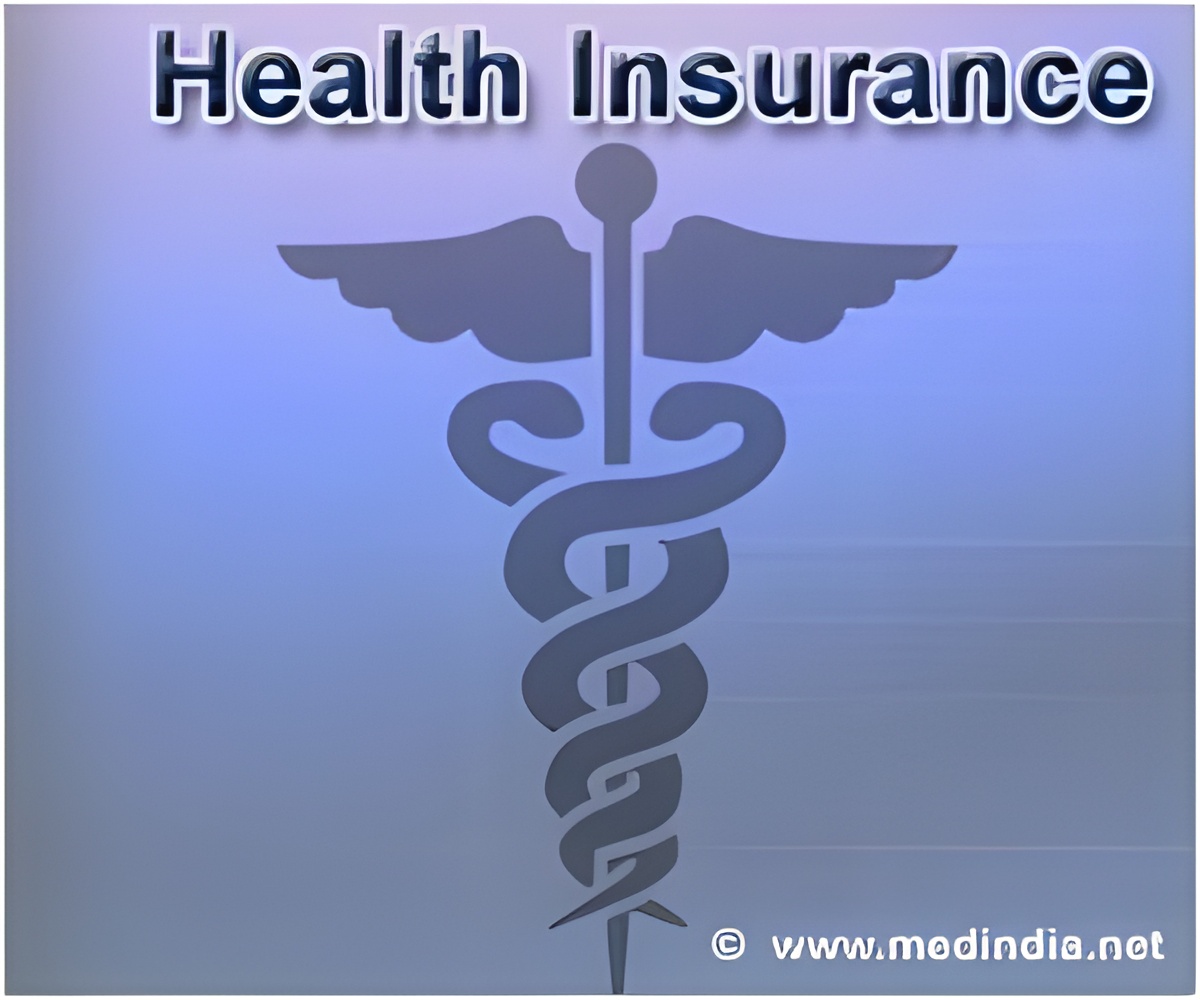
With a cashless health policy the choice of hospitals is limited, as you have to be admitted to a hospital which comes under the insurer’s network. When you choose a hospital within the network the bill will be settled directly. When a policy holder chooses a hospital outside the network he will first clear bills and claim later.
A reimbursement policy will allow you the choice of hospital and after you pay upfront the claims will be reimbursed.
A cashless policy is a real boon when a person is low on cash reserves, you can manage without emergency cash, as when you use a network hospital, the insurance company makes all the payments.
With a reimbursement plan you will need to pay first even if your funds are limited, and later file a claim and wait for the reimbursement.
In a cashless plan the policy holder will make use of the best hospital, with expensive rooms, since he need not pay. But the insurer can charge higher premiums from the policy holder. This is not the case with reimbursement plans as he will choose affordable care, since he will be making all payments, before he can claim from the insurer.
Advertisement
References:
Advertisement
Deepak Yohannan, March 2013
Source-Medindia











